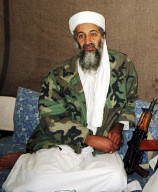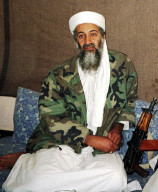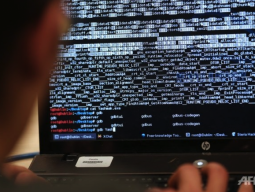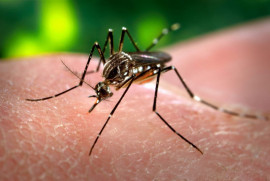
TOKYO: The US spied on senior Japanese politicians and major companies, including giant conglomerate Mitsubishi, according to documents released on Friday by WikiLeaks, which published a list of at least 35 targets.
"The list indicates that NSA spying on Japanese conglomerates, government officials, ministries and senior advisers extends back at least as far as the first administration of (current) Prime Minister Shinzo Abe, which lasted from September 2006 until September 2007," a statement read.
The documents released by the WikiLeaks show that the US had intimate knowledge of internal Japanese deliberations and critical issues such as the Japanese government’s negotiating positions in the Doha Round of the World Trade Organisation, climate change policy and its deliberations on the management of diplomatic relations with the United States and the European Union.
WikiLeaks editor-in-chief Julian Assange said in statement, "In these documents we see the Japanese government worrying in private about how much or how little to tell the United States, in order to prevent undermining of its climate change proposal or its diplomatic relationship.”
Read: Merkel spied on for 10 years, Obama knew but let it go
The report also indicates that US not only spied on Japan but also passed on the acquired information to Australia, Canada, Great Britain and New Zealand, part of US’ Five Eyes" intelligence partners.
Earlier, Wikileaks released reports of NSA spying on Germany, France and Brazil.
German media reported in October 2013 that US President Barack Obama was personally informed of mobile phone tapping against German Chancellor Angela Merkel, which may have begun as early as 2002.
Read: US spy agency broke encryption on UN communications
The US National Security Agency also broke the encryption securing the United Nations’ internal video conferencing at its New York headquarters.
The move provided the agency with “a dramatic improvement of data from video teleconferences and the ability to decrypt this data traffic,” the magazine quoted an NSA document as saying.
And yet we now know that the United States heard everything and read everything, and was passing around the deliberations of Japanese leadership to Australia, Canada, New Zealand and the UK. The lesson for Japan is this: do not expect a global surveillance superpower to act with honour or respect. There is only one rule: there are no rules."


































































COMMENTS
Comments are moderated and generally will be posted if they are on-topic and not abusive.
For more information, please see our Comments FAQ